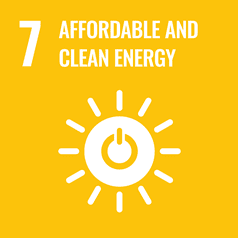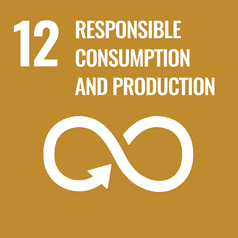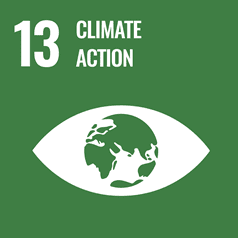Revolutionary Australian battery recycling technology startup advances its breakthrough battery metals recovery process
Australian battery recycling technology company, Battery Pollution today revealed a co-operaton agreement with Australia’s University of Newcastle focussed on the development of proprietary processes for the recovery of cobalt, lithium, graphite and nickel from spent Electric Vehicle and Energy Storage System batteries.

With its innovative and environmentally responsible approach, Battery Pollution aims to address the growing demand for sustainable cobalt and battery metals sourcing and contribute to a greener future.
Cobalt and various battery metals, critical components in lithium-ion batteries, are known for their scarcity and complex supply chain challenges. The state-of-the-art recycling approach being developed with the University of Newcastle utilises advanced chemical processes and proprietary methodologies to extract battery metals, minimizing waste and maximising resource recovery. By doing so, this novel scientific approach significantly reduces the need for traditional mining operations, thereby reducing the environmental impact associated with mineral extraction.
The solution being developed by Battery Pollution and the University of Newcastle leverages pyrometallurgy and hydrometallurgy processes, combined with certain pre-treatment strategies, to deliver high quality separated battery metals fit for reintroduction into the battery manufacturing supply chain – targeting 95% plus recovery of key battery metals through the combined mechanical shredding and chemical engineering process.
Progress & Success
The work under this strategic collaboration commenced in October 2022 and has progressed through to pilot testing of the battery metals recovery processes. Whilst there is no fixed timetable for the completion of the development, both parties are satisfied with the progress to date including achieving separation at a small scale.
Prior to the opening of its own mechanical shredding facilities, Battery Pollution has established a two-way commercial agreement with a major Japanese Trading house, that is supplying high quality Black Mass to advance commercial pilot activities. Design of a demonstration battery metals recovery and separation plant is underway with commissioning of that processing capability targeted for late 2023.
Additionally, discussions with OEMs on the procurement and commissioning of an initial mechanical shredding plant are well advanced. That plant will be likely located in New South Wales.
"Our team is thrilled to be heading towards what we hope will be the introduction of a proprietary game-changing battery metals recovery process," said Nicholas Assef, Founder & CEO of Battery Pollution.
"We are committed to revolutionising the battery recycling industry and providing a sustainable solution for the increasing global demand for all battery minerals but in particular cobalt. Our innovative technology not only reduces reliance on mining but also helps prevent hazardous battery waste from ending up in landfills."
Exportable Technology
The development of battery metal recoverable technology is an exportable product, with particular relevance to economies that are considering the development of battery manufacturing “gigafactories”. Battery Pollution’s strategic vision is for stand alone Black Mass processing hubs to be able to provide “processing as a service” to third party recyclers that do not have the in house technology to process & recover battery metals.
This battery metals separation technology is being developed independently of the mechanical shredding capabilities, with a significant part of the current process focussed on ensuring that the final technology solution can be scaled successfully to deal with large volumes of Black Mass.
Access to Facilities
Under the arrangement with the University of Newcastle, Battery Pollution forms part of a network of industry partners engaged through the University’s Newcastle Institute for Energy and Resources (NIER). NIER leads the way in collaborative research that provides sustainable solutions to the energy, resources, food and water sectors. This model enables significant strategic advantage through the convergence of operational and scientific development aspects of business, and through this partnership adds to Australia’s sovereign capabilities in the domestic production of battery manufacturing.
Related news
- Students, take the lead: how a peer-led program could transform our kids’ trajectories
- Post‑mining research comes to life in community art exhibition
- World-leading MRI upgrade boosts research capability at HMRI Imaging Centre
- New equipment brings cancer's complexity into focus
- Yes, weight-loss drugs work but nutrition needs attention
The University of Newcastle acknowledges the traditional custodians of the lands within our footprint areas: Awabakal, Darkinjung, Biripai, Worimi, Wonnarua, and Eora Nations. We also pay respect to the wisdom of our Elders past and present.



